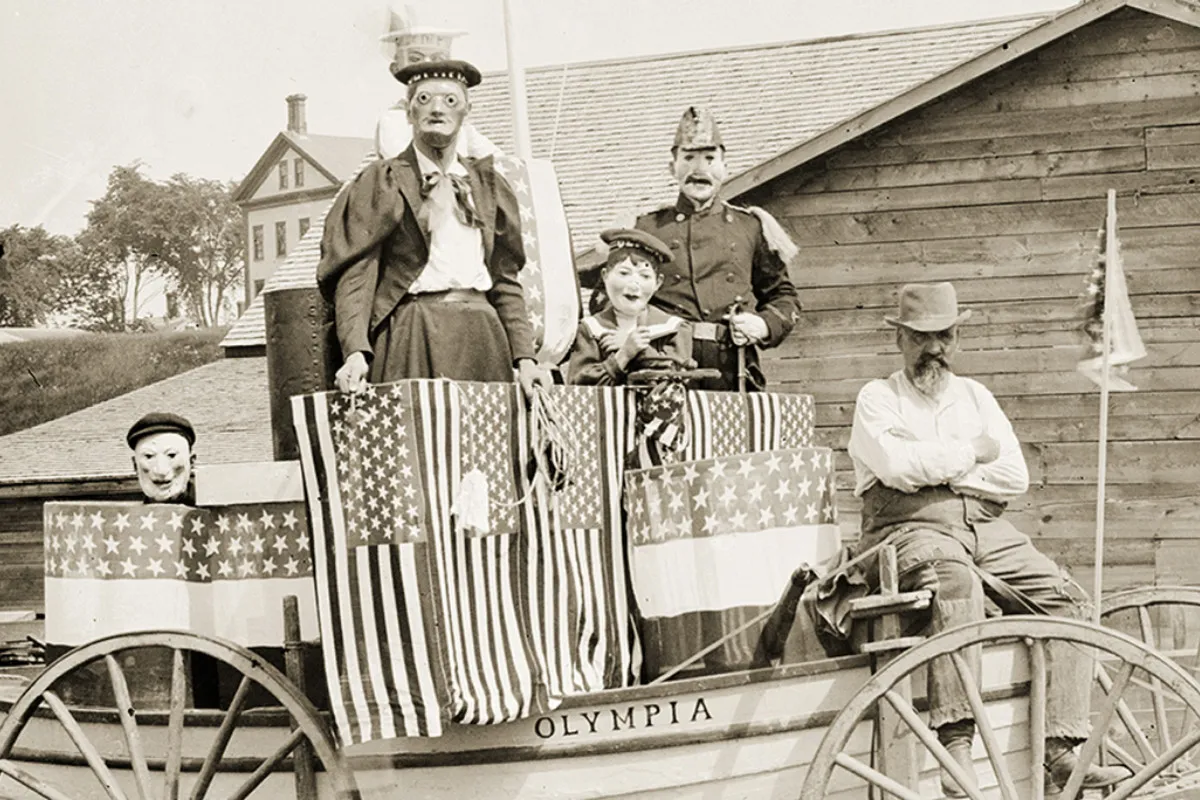Copyright news18

Sex may permeate our popular culture, but conversations about it are still associated with stigma and shame in Indian households. As a result, most individuals dealing with sexual health issues or trying to find information about sex often resort to unverified online sources or follow the unscientific advice of their friends. To address the widespread misinformation about sex, News18.com is running this weekly sex column, titled ‘Let’s Talk Sex’. We hope to initiate conversations about sex through this column and address sexual health issues with scientific insight and nuance. In this article we will explain why many men struggle on their Wedding Night, what’s going on in the brain and body, and why it’s completely normal. For generations, society has painted the wedding night as the ultimate test of manhood, a moment where a man is expected to perform flawlessly, confidently, and passionately. But behind the smiling groom and the decorated room, there’s often a storm of pressure and nervousness. The idea that “everything must go perfectly” creates an invisible mental weight that few men ever talk about. The truth is many men experience performance anxiety, temporary erectile issues, or premature ejaculation on their first night. And no, it’s not a sign of weakness. It’s biology under pressure. The Science of Performance Anxiety Let’s break down what really happens inside the male body on the wedding night. When a man feels nervous, self-conscious, or uncertain, the brain’s amygdala (the fear centre) activates. This triggers the “fight-or-flight” response, flooding the body with adrenaline and cortisol, the stress hormones. Here’s the twist, the same system that helps you survive danger, by redirecting blood to your muscles and heart, also takes blood away from the penis. That means: Reduced blood flow → temporary erection difficulty Fast heart rate and shallow breathing → increased anxiety Mental tension → distraction and loss of arousal In other words, the body can’t focus on pleasure when it thinks it’s in danger. So, when men say “I just couldn’t get it up,” it’s not psychological weakness, it’s a completely natural stress reaction. The Weight of Unrealistic Expectations Most men enter marriage with unrealistic ideas about sex shaped by movies, pornography, or locker-room conversations. They believe that the first night must be: Instantly passionate End in mutual satisfaction And “prove” their masculinity This mindset turns intimacy into a performance, not a connection. Every second thought “Am I doing it right?”, “Will she like it?”, “What if I fail?” adds to the pressure. And when the body doesn’t respond as expected, guilt, shame, or panic set in – further fuelling anxiety. It becomes a self-reinforcing loop (Anxiety → Poor performance → Guilt → More anxiety). In India especially, this issue is magnified by cultural silence. Sex education is minimal, and open conversations about intimacy are rare. Young men are often told: “You’ll figure it out.” “It’s natural.” “Be a man.” But without proper understanding of anatomy, foreplay, or emotional readiness, the first encounter feels more like an exam than an experience. Women, too, may enter with fear or discomfort and when both partners are anxious, it compounds the challenge. The Physiology of the First-Time Struggle From a biological point of view, the first sexual experience involves multiple new sensations: both physical and emotional. Increased adrenaline and heart rate from excitement and nervousness Blood pressure rise, sweaty palms, and shallow breathing Cognitive overload — the brain trying to process touch, timing, and movement all at once These physiological changes are overwhelming, and for many men, the brain momentarily loses synchronisation with the body. That’s why erectile issues or early ejaculation are extremely common on the first night not because of dysfunction, but due to overstimulation and stress. What Men Really Need That Night What most men need on their wedding night is not advice about “technique” but reassurance. They need to understand that intimacy is a journey, not a one-night achievement. Here’s what truly helps: Let go of pressure: There’s no “deadline” for performance. Take it slow. Focus on comfort, not completion: Emotional connection leads to physical readiness. Communicate openly: Ask your partner how she feels. Comfort goes both ways. Don’t overthink: Arousal grows naturally when the mind feels safe. Avoid alcohol or fatigue: Overexcitement or exhaustion dulls performance. The first night should be about trust and understanding, not testing or impressing. The Psychology of ‘Anticipation Stress’ The brain imagines failure even before the experience begins, activating the same stress hormones as a real threat. In sexual scenarios, this becomes “performance anxiety.” Men fear judgment, embarrassment, or rejection — even from a loving partner. What helps? Breathing techniques that reduce cortisol Positive visualization (focusing on emotional closeness instead of “performance”) Realistic self-talk: “It’s okay to be nervous; it’s new for both of us.” Once the body learns the experience isn’t threatening, confidence and performance naturally improve. What Women Can Do? For women, understanding this anxiety is equally important. If the partner senses hesitation, patience and reassurance can make all the difference. A calm, non-judgmental attitude helps reduce performance pressure and builds emotional security. For partners, understanding is key. If your husband seems anxious or avoids intimacy initially, it’s not disinterest, it’s pressure and fear of failure. Here’s how partners can support each other: Be patient and reassuring: Replace pressure with empathy. Encourage communication: Talking reduces tension and misunderstanding. Avoid judgement or teasing: Emotional safety builds confidence. Focus on closeness, not results: Gentle affection, hugging, and cuddling release oxytocin — which reduces both partners’ anxiety. When to Seek Help If anxiety-related issues persist beyond a few weeks or months, or if erectile difficulties continue in relaxed situations, consulting a sexologist or urologist is important. In most cases, short-term psychosexual counselling or mild relaxation techniques are all that’s needed. Rarely, temporary medication may help restore confidence but the real healing lies in understanding, not prescriptions. The Truth, Nobody Tells You The first night after marriage isn’t a test of manhood, it’s the start of a new emotional bond. It’s okay if it doesn’t happen. It’s okay if it feels awkward or incomplete. What matters is communication, comfort, and patience. Over time, as familiarity replaces nervousness, the body naturally finds its rhythm. Sexual confidence is not about “lasting longer”, it’s about feeling safe and connected enough to let go of fear. As I often tell my patients, “The real first night isn’t about performance. It’s about peace. When the mind relaxes, the body follows.” Because real intimacy isn’t about proving anything, it’s about feeling safe enough to be yourself.



